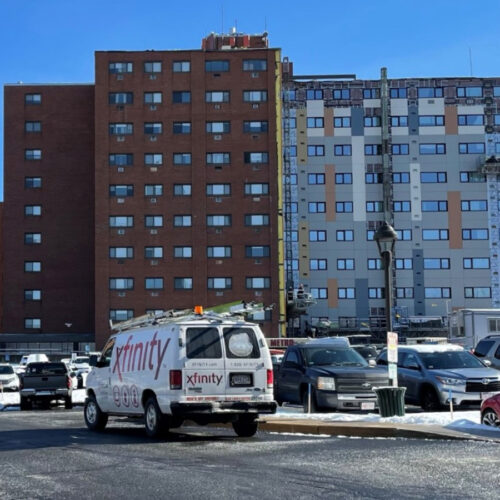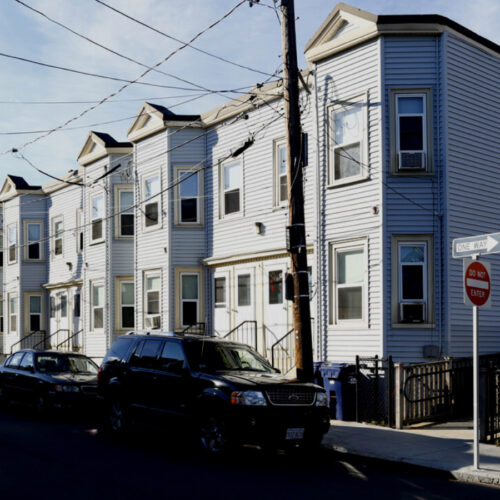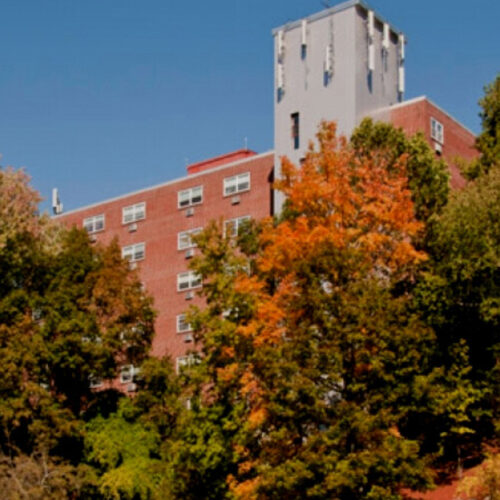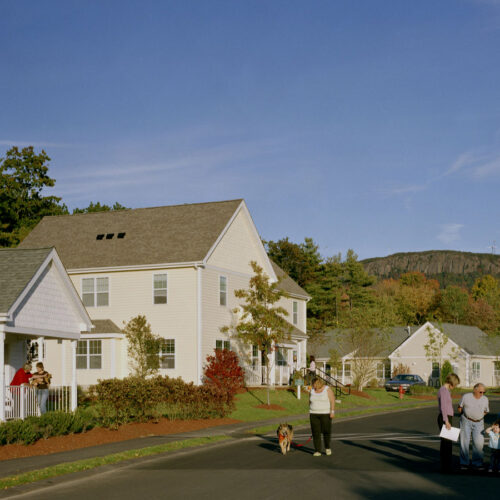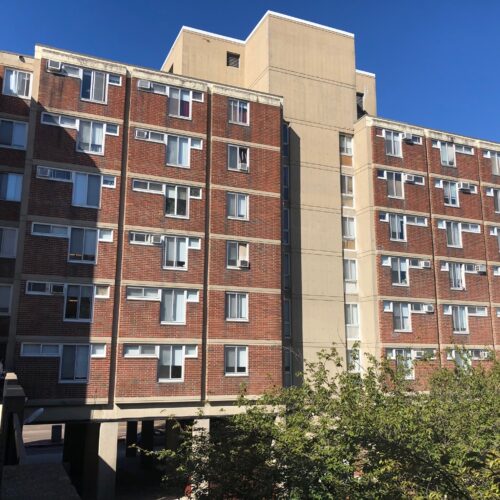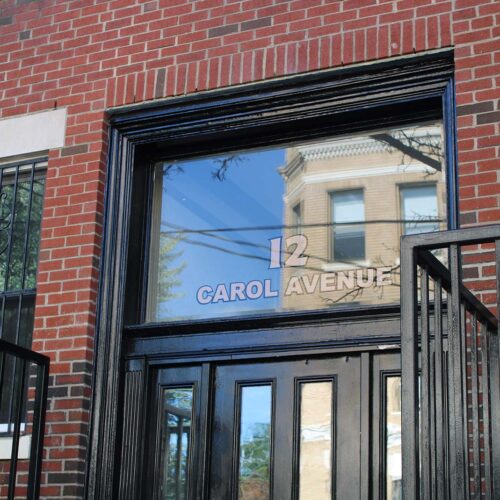Salem, MA
1,000 Apartment Challenge:
REALIZE Massachusetts
RMI’s REALIZE-MA organizes a pipeline of affordable housing properties that will dramatically reduce carbon emissions with deep energy retrofits through a program called the 1,000 Apartment Challenge. The goal is to have 1,000 multifamily apartment units in Massachusetts under renovation by the end of 2024.
This program assists building owners in identifying ideal candidate properties suitable for deep energy retrofits and matches owners with manufacturers, designers, and contractors for project execution. Ideal buildings are those already scheduled for a major rehab, such as window, roof, mechanical, and/or siding replacements, with partial funding in place. Although the program does not provide direct capital support, it does provide guidance and support during predevelopment services that are unique to deep energy retrofits. The Challenge also helps owners identify sources of gap funding for construction through utility incentives and other sources.
Why Retrofit?
Deep energy retrofits dramatically reduce carbon emissions. These renovations transform affordable housing to be highly energy efficient, all-electric, powered by clean renewable energy, and renovated with materials low in embodied carbon. Such work prioritizes the health of residents through better ventilation, thermal comfort, and indoor air quality. Deep energy retrofits reduce long-term operating and utility costs, ensure building durability, improve resilience, and position affordable housing to comply with building energy use benchmarking and new carbon regulations that are anticipated over the next decade.
How Do These Deep Energy Retrofits Work?
Deep energy retrofits offer a dramatic improvement in energy savings over typical energy efficiency and weatherization measures in existing buildings, which usually only result in 10 to 20 percent energy savings. Deep energy retrofits eliminate fossil fuels from buildings altogether and can shrink energy consumption by 50 percent or more, while improving health and affordability. Today, retrofit systems are being designed to require a minimal amount of interior work, allowing residents to continue to live in their apartments during construction.
- Although every project is different, deep savings are often achieved by improving the performance of the building envelope and the mechanical systems:
- Reducing heating and cooling loads with super insulating building envelope improvements to the walls, windows, and roof.
- Replacing existing fossil fuel mechanical systems with all-electric, high-performance systems that provide heating, cooling, fresh air ventilation, and water heating.
- Installing on-site renewable energy where feasible to further reduce the energy load and bring the building closer to net-zero energy in operations.
We are prioritizing net-zero energy renovations of affordable housing to ensure that low-income and underserved communities benefit from a just transition off fossil fuels. Efforts to facilitate these types of projects help transform industry and market practices to accelerate more deep energy retrofits in existing buildings.
Active Projects
Boston, MA
Salem, MA
Easthampton, MA
Boston, MA
Boston, MA
Contact Us
To learn more and get involved, please reach out to our program lead:
Eva Rosenbloom, erosenbloom@rmi.org
